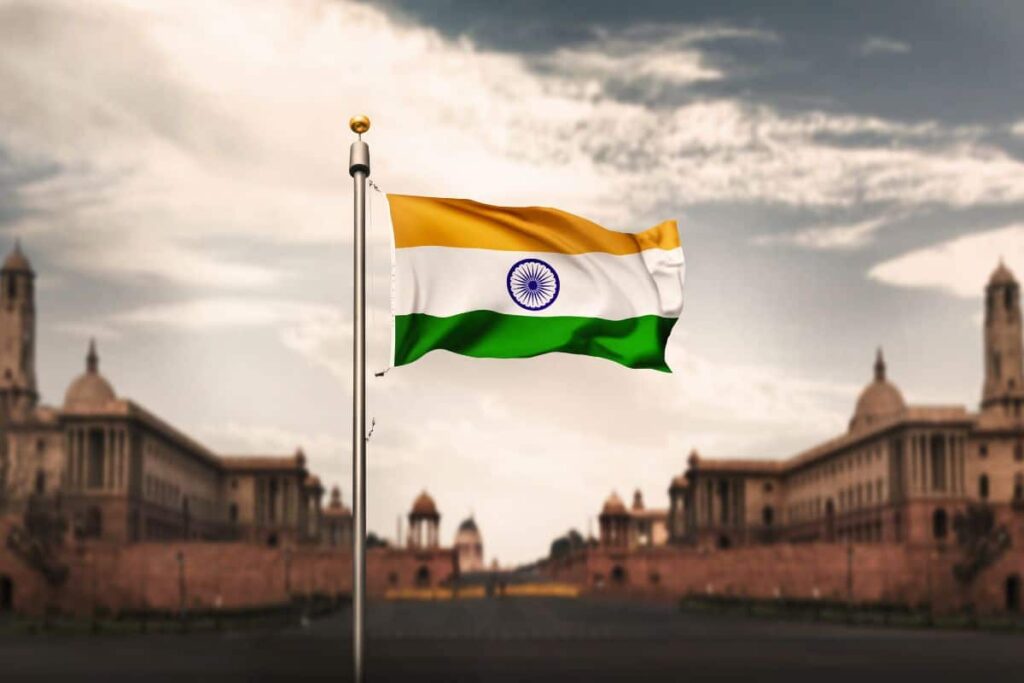India has significant opportunities to enhance trade relations with the UAE, Saudi Arabia, Qatar, and other countries in the coming years, according to an analysis by HSBC.
Investors and businesses in India and across the Middle East, North Africa, and Türkiye (MENAT) region are poised for a decade of increased potential, as indicated by a recent report from HSBC.
Titled “India-MENAT Corridor Outlook: Harnessing Natural Synergies,” the report explores the current state of trade and investment, highlighting key growth prospects between India and five MENAT countries:
- Egypt
- Qatar
- Saudi Arabia
- Türkiye
- UAE
Patricia Gomes, Regional Head of Commercial Banking, Middle East North Africa, and Türkiye (MENAT) at HSBC Bank Middle East, emphasized the strong mutual interests, robust economic fundamentals, and enduring historical ties driving corporate and investor interest in both regions.
The MENAT region’s ambitious development plans, coupled with its youthful demographics, are attracting significant Indian investment. The analysis, based on data from the International Trade Centre (ITC) and HSBC, indicates a potential $61 billion export opportunity for India across key MENAT markets, with the UAE, Saudi Arabia, and Türkiye emerging as top destinations.
India’s growing prowess in food and agriculture, along with technological advancements, is reshaping trade dynamics, particularly in the GCC region. The India-UAE Food Corridor, which has attracted over $7 billion in investments since 2019, underscores the evolving partnership.
The Indian diaspora in the GCC is playing a pivotal role in deepening regional ties, while Indian companies are expanding their footprint in sectors like green hydrogen, electric vehicles, and manufacturing across MENAT countries.
Understanding India’s economic landscape, particularly its Tier-2 cities, presents untapped opportunities for MENAT corporates seeking lower operational costs and specific industrial niches.
India’s digital economy is also emerging as a focal point for collaboration, with forecasts indicating substantial growth potential by 2030. Furthermore, free trade agreements and bilateral agreements, such as the India-UAE Comprehensive Economic Partnership Agreement (CEPA) negotiated in 2022, are reshaping global supply chains and trade policies.
Ajay Sharma, Country Head of Commercial Banking at HSBC India, highlighted the significance of exploring the latent potential for collaboration along the India-MENAT Corridor, especially in light of initiatives like the India-Middle East-Europe Economic Corridor (IMEC), aimed at enhancing connectivity between regions.
The IMEC, announced in September 2023, proposes new rail and shipping links connecting the Middle East, Europe, and India, further facilitating trade and investment.

